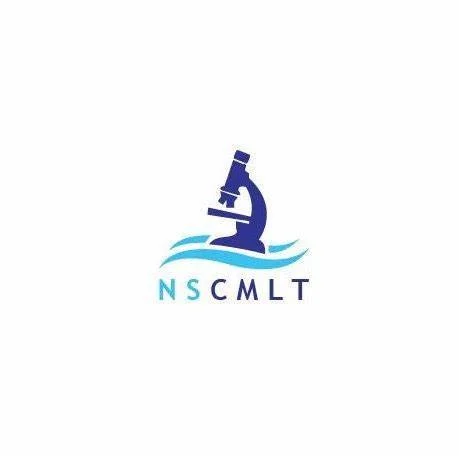Continuing competence
for Canadian regulated professions, but better
Introducing the Career-Span Competence Approach
OUR
MISSION
To be a thought leader and implementation partner for Canadian profession regulators in evidence-informed competence management systems that meaningfully impact registrant performance across their career spans.
Regulators work with us for
A powerful way of looking at how competence develops over a professional’s career span.
A structure for developing regulatory continuing competence programs.
An approach to effectively manage career-span competence.
OUR SERVICES
Personalized consulting -
Move to progressive program development and implementation.
OUR
PRODUCT
The CSC Portal -
Shift from LMS to a
Competence Management System
PERSONALIZED CONSULTING +
A POWERFUL ONLINE PORTAL
Our online portal complements personalized consulting by offering a user-centric program delivery mechanism for regulatory continuing competence programs.
Regulators can engage our team for consulting, the online portal, or both services.
HEAR FROM OUR TEAM ABOUT CAREER-SPAN COMPETENCE
We are trusted partners and have worked with the following profession Regulators in development of impactful continuing competence programs based on the CSC Approach.













